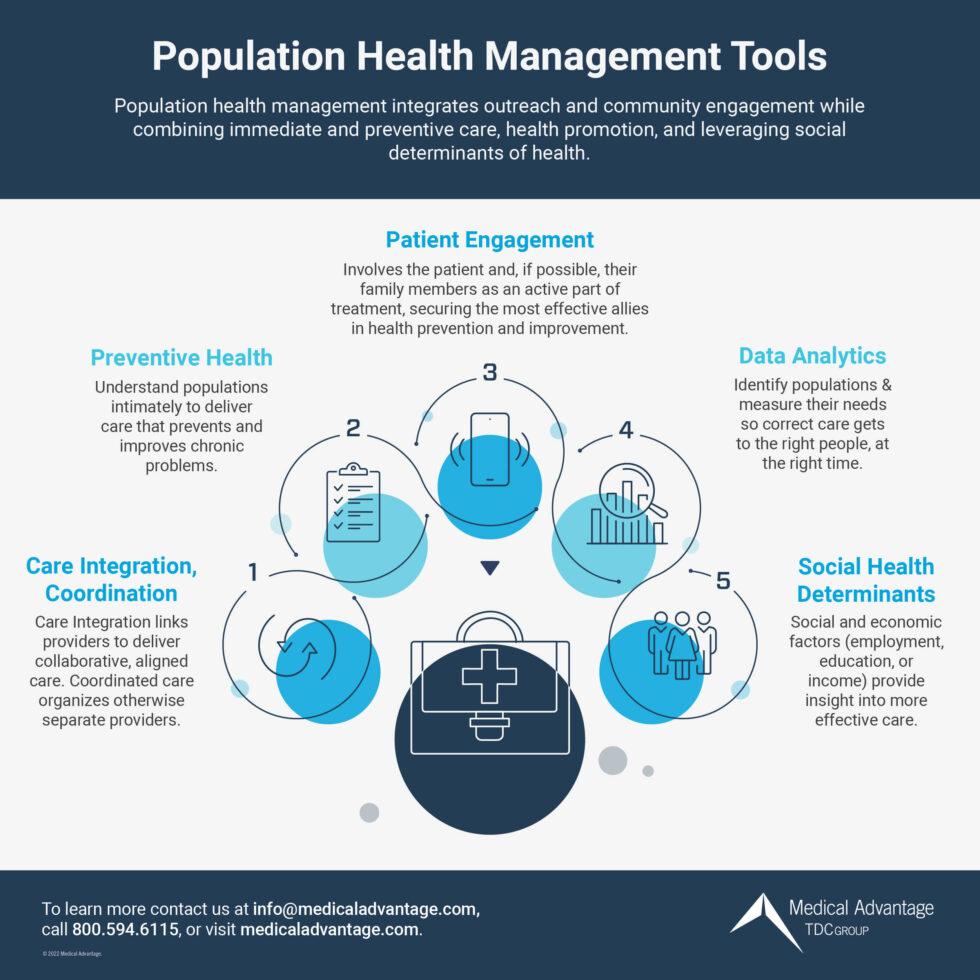In the grand tapestry of human existence, where every thread is a moment and every color a life choice, the pursuit of longevity has long captivated the human spirit. Among the myriad of paths that lead to a longer, healthier life, preventive care stands as a guiding beacon, illuminating the way with its promise of foresight and preparation. In a world where medical advancements and wellness strategies are ever-evolving, understanding the connection between preventive care and life expectancy is akin to unlocking a secret of life itself. This article embarks on a journey through the intricate dance between proactive health measures and the extension of our years, exploring how simple acts of prevention can ripple through the fabric of time, weaving a narrative of extended vitality and enriched living.
Unlocking Longevity: How Preventive Care Shapes Our Future
As the tapestry of modern medicine evolves, preventive care emerges as a cornerstone in the quest for longevity. By emphasizing early detection and proactive measures, individuals can significantly enhance their quality of life and extend their years. At its core, preventive care is about foresight—anticipating potential health issues before they manifest into more serious conditions. This proactive approach not only empowers individuals but also alleviates the burden on healthcare systems.
Key components of preventive care include:
- Regular health screenings and check-ups
- Vaccinations to ward off infectious diseases
- Adoption of a balanced diet and regular exercise
- Stress management and mental health care
- Avoidance of harmful habits such as smoking and excessive alcohol consumption
These elements work synergistically to bolster the body’s natural defenses and promote a healthier, longer life. By investing in preventive measures today, we lay the groundwork for a future where longevity is not just a possibility, but a tangible reality.

Decoding the Data: Evidence Linking Preventive Health Measures to Increased Lifespan
In recent years, an abundance of research has illuminated the profound impact of preventive health measures on extending human lifespan. Studies consistently demonstrate that individuals who engage in proactive health practices tend to live longer, healthier lives. This correlation is not just coincidental; it is rooted in science. Preventive care encompasses a range of activities and lifestyle choices aimed at thwarting the onset of disease, including regular health screenings, vaccinations, and the adoption of a balanced diet and exercise regimen. By addressing potential health issues before they escalate, preventive measures can significantly reduce the risk of chronic diseases such as diabetes, heart disease, and certain types of cancer.
Key elements contributing to increased longevity through preventive health include:
- Routine Screenings: Early detection of conditions such as hypertension and high cholesterol can lead to timely interventions, reducing the likelihood of serious complications.
- Vaccinations: Immunizations play a critical role in safeguarding against infectious diseases, thereby enhancing overall health and resilience.
- Lifestyle Modifications: Engaging in regular physical activity, maintaining a nutritious diet, and avoiding harmful habits like smoking can dramatically decrease health risks.
As evidence mounts, it becomes increasingly clear that preventive health measures are not just a recommendation but a necessity for those aiming to maximize their lifespan.

Beyond Check-Ups: Innovative Preventive Strategies to Enhance Life Quality
In the realm of healthcare, the focus is increasingly shifting towards proactive measures that go beyond traditional check-ups. These innovative preventive strategies are not just about detecting diseases early but enhancing the overall quality of life. By integrating lifestyle modifications, technological advancements, and community-based interventions, individuals can significantly improve their life expectancy.
- Lifestyle Modifications: Adopting a balanced diet, regular exercise, and stress management techniques can help mitigate chronic conditions and promote longevity.
- Technological Advancements: Wearable devices and health apps provide real-time monitoring and feedback, empowering individuals to make informed health decisions.
- Community-Based Interventions: Support groups and wellness programs offer resources and motivation, fostering a culture of health and wellness within communities.
These strategies, when combined, create a robust framework that not only prevents disease but also enhances the overall well-being, paving the way for a longer, healthier life.

Empowering Choices: Practical Recommendations for Integrating Preventive Care into Daily Life
Incorporating preventive care into everyday routines can significantly enhance one’s quality of life and longevity. To seamlessly integrate these practices, consider starting with small, manageable steps that build over time. Regular health screenings and vaccinations are fundamental, acting as the first line of defense against potential illnesses. Engage in daily physical activities like walking or cycling, which not only boost cardiovascular health but also reduce stress levels.
- Balanced Diet: Embrace a diet rich in fruits, vegetables, and whole grains. These foods provide essential nutrients and antioxidants that fortify the immune system.
- Mental Health: Incorporate mindfulness or meditation practices to maintain mental well-being, which is just as crucial as physical health.
- Hydration: Ensure adequate water intake to support metabolic processes and maintain energy levels.
These choices, while seemingly simple, have profound impacts. By embedding preventive care into daily life, individuals not only protect their health but also empower themselves to lead longer, more fulfilling lives.








